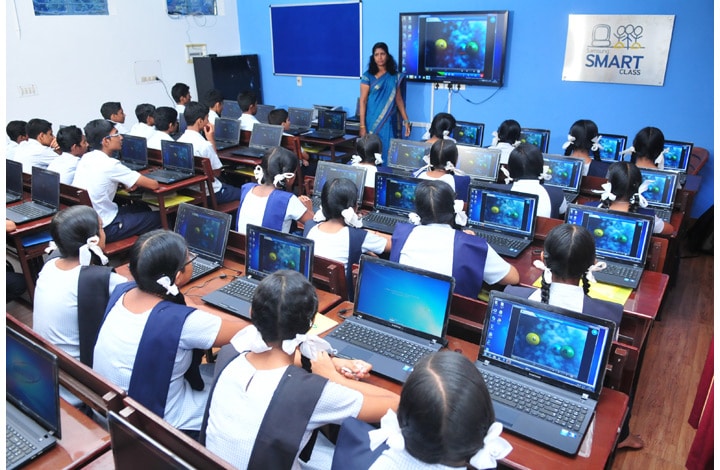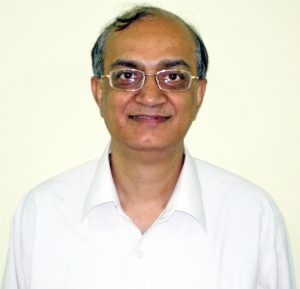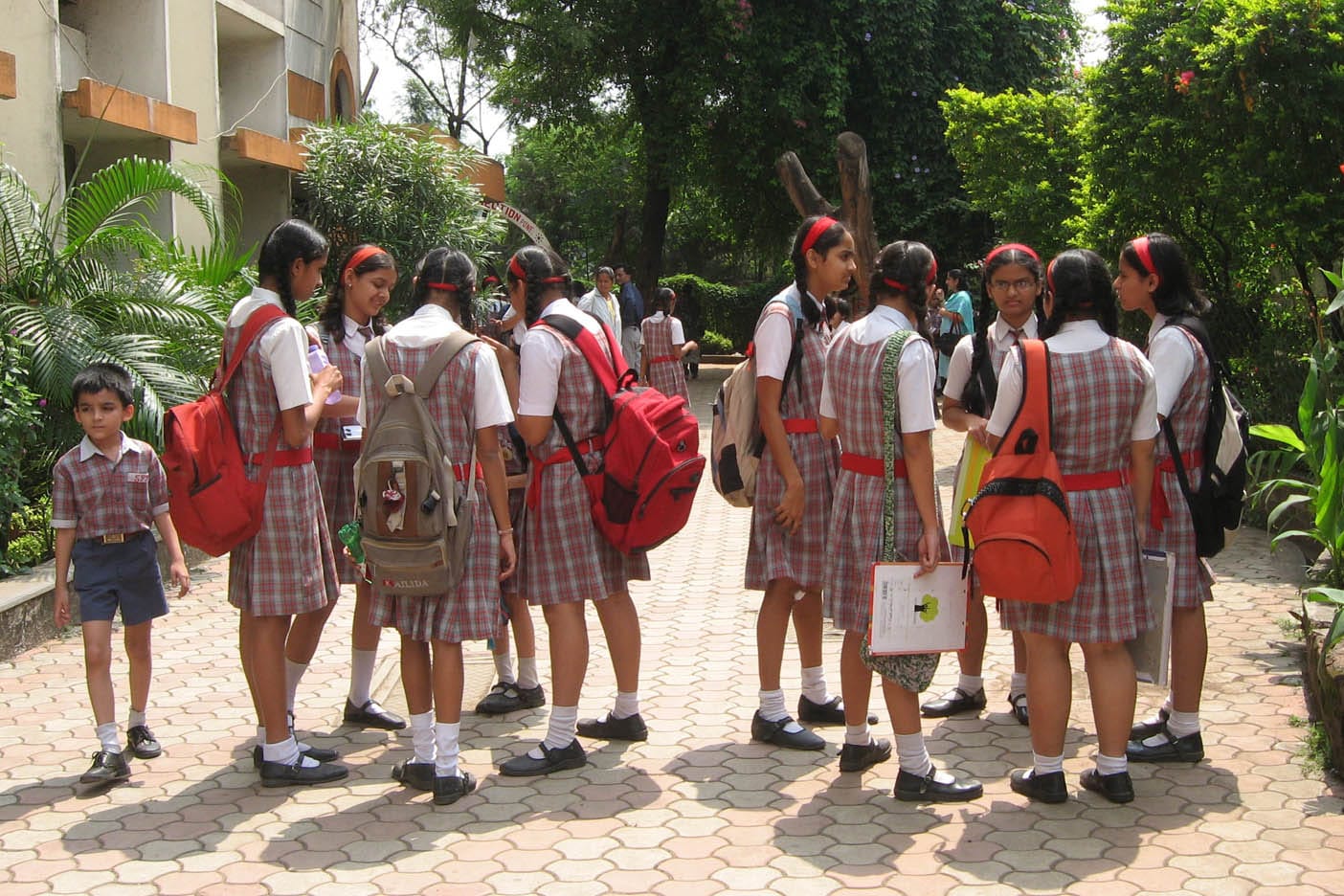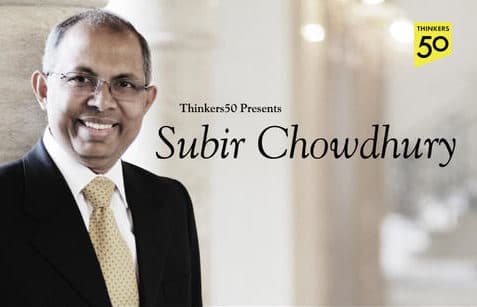The United Arab Emirates’ (UAE) new policies are eyeing growth and improvement in quality of private education in the country. Marking 2017 as ‘The Year of Giving’, the government in association with foreign institutes is supporting schools, universities, parents, students, educators, investors and government partners to create a high quality education sector focused on happiness and well-being, writes Akash Tomer of Elets News Network (ENN).
The UAE President, His Highness Sheikh Khalifa bin Zayed Al Nahyan, has declared 2017 as ‘The Year of Giving’. The three key pillars of ‘Giving’ – Corporate Social Responsibility (CSR), Volunteering, and Serving the Nation – will be in focus throughout the year.
Under CSR, the private sector will work cohesively with government institutions to support philanthropic initiatives including human relief work locally, regionally and globally, cementing the UAE’s position as one of the world’s leading foreign aid donors.
To promote the volunteering culture, the invitation to volunteer will extend to the public and private sectors, as well as to individuals and institutions. There will also be an emphasis on skills-based volunteering.
The value of philanthropy in service of the nation is an important part of The Year of Giving. Youngsters will be invited to learn about patriotism and participate in initiatives that focus on giving back to the nation.
To develop a knowledge-based economy, the UAE is amongst a handful of nations which seeks to offer the best of educational practices to the whole world.
Continuously falling prices of oil has forced many economies reliant on ‘black gold’ to create new opportunities for a sustainable economy. The Gulf Cooperation Council (GCC) countries – Saudi Arabia (KSA), Kuwait, the United Arab Emirates (UAE), Qatar, Bahrain and Oman – are busy adapting to this new economic reality.
The countries are collaborating with different countries of the world, globally renowned institutions and MNCs to implement economic reforms that would lead to diversified economies and attract foreign businesses and investment.
UAE – The New Education Hub:
Across the Middle East reliance on oil varies. Kuwait’s 63 per cent of Gross Domestic Product (GDP) is generated directly by oil exports, while in the UAE it is only 34 per cent. It clearly showcases how the UAE has already progressed in diversifying its economy.
As with other GCC states, UAE’s diversification has shifted the emphasis from the public to private sector. This has led to the introduction of policies aligned to global best practices, which is creating opportunities for companies looking to invest in the region.
Over the past decade, the GCC has emerged as a strong market for private education. It has witnessed a considerable growth in the number of investment companies and strategic investors in its education sector. This trend is likely to continue unabated, given the regional growth in student population, a widespread consumer preference for private education, and governmental privatisation initiatives.
The UAE’s education sector is poised for a robust growth, given the growing demand for private schools, international curriculum and e-learning. The sector offers ample opportunities for private and public partnerships to take the country’s education sector to the next-level.
To build a top-class system, the government is investing significantly in improving the quality of education by equipping schools and colleges with smart technologies and recruiting finest teachers from across the world.
The 10-year development strategy 2010-20 of UAE’S Ministry of Education aims to provide students a high-quality curriculum, excellent teaching, improved student life, affordable and high-quality education as well as promote the national identity. All these initiatives are set to make the UAE a world-class education hub.
UAE – A World of Opportunities
The Abu Dhabi Education Council, or ADEC, introduced a 10-year strategic plan to address the challenges in offering P-12 (preparatory to grade 12) education, according to research firm Global Investment House.
The total number of students in the GCC education sector is projected to reach 15 million in 2020, registering a CAGR of 3.6 per cent from an estimated 12.6 million in 2015. In 2014-2015, the UAE had over 1,200 schools (542 private) and over 85 higher education institutions (largely private).
More than 1.1 million students pursued education in the UAE in 2014, having increased at an annual rate of 6.2 per cent from 2009. An expanding base of school and college age population and increase in the Gross Enrollment Ratio (GER) across the education segments are likely to drive the growth. The number of students at private schools is projected to grow at a 5.1 per cent CAGR from 2015. Enrollments at public schools are anticipated to increase at an annual average of 2.6 per cent, according to Alpen Capital, a leading Investment Bank in Asia.
A report by Global Investment House says that the UAE and Qatar are emerging as global hubs for higher education, with a strong presence of prominent international universities and educational institutions. Dubai has become a major education destination, as it accommodates several overseas students, a large number of which are from the Arab countries. The UAE’s state-of-the-art infrastructure, easy visa policies, favourable investment climate and strategic location have drawn reputed foreign education providers.
Students also feel fascinated to the country due to hassle-free visa availability and presence of reputed international colleges and universities.
The UAE is laying special emphasis on the e-learning market, which is evident from the UAE’s Mohammed bin Rashid Smart Learning Programme. The programme is aimed at shaping the new learning environment in schools.
Further, the Middle East’s e-learning market is expected to expand at an annual rate of 8.2 per cent to $560.7 million over 2014-16. This bodes well for regional and global education suppliers.
The GCC region has a number of major projects in the pipeline. The government investments along with private sector support have led to a rise of projects in the region’s education sector. Saudi Arabia accounts for the highest number of projects, followed by Qatar, the UAE, and Kuwait.
In addition, a number of new schools and colleges are being built across the region as part of the governments’ strategic plan to increase student capacity. According to the Director-General of Knowledge and Human Development Authority (KHDA), Dr Abdullah Al Karam, around 15-20 new private schools will open in Dubai during the academic year 2016-17. Under its Future Schools Project, the ADEC is set to open 100 public schools by 2020.
The Ministry of Education and the Abu Dhabi Education Council (ADEC) has announced a plan to begin a process to achieve the standardisation of their education systems to support a unified and highly-performing education sector across the nation.
The plan will unify the education sector through the development of the Emirati School Model across all emirates, and help align the education sector to meet objectives of the National Agenda by achieving the UAE Vision 2021 with the delivery of a first-rate education system.
The move follows the directives of President His Highness Sheikh Khalifa bin Zayed Al Nahyan, His Highness Sheikh Mohammed bin Rashid Al Maktoum, VicePresident and Prime Minister of the UAE, and Ruler of Dubai and His Highness Sheikh Mohamed bin Zayed Al Nahyan, Crown Prince of Abu Dhabi and Deputy Supreme Commander of the UAE Armed Forces.
Achieving this goal has been closely monitored by Sheikh Mohammed, who considers it “essential to achieve supportive and well-informed education system, capable of keeping up with future changes and developments”.
The Emirati School Model of the Ministry of Education will play a central role in the unification of the education sector across the Emirate of Abu Dhabi.
Launched in 2017, the “Emirati School” model provides a leading model of education, rich curriculum, excellence in student skills and courses, as well as high quality of education in full alignment to the expectations of the vision of the UAE leadership for the education sector.
The alignment plan between the Ministry of Education and ADEC will consolidate the ministry’s systems, policies and courses across the UAE’s public and private schools which follow the ministry’s system. It will also promote the development of the Emirati School Model across all emirates to increase efficiency and deliver a highly-performing education based on the highest standards of quality for the education sector.
According to Sheikh Mohammed, “The UAE has made many significant achievements in education and the next stage requires us to build on them under a unified framework in preparation for the comprehensive development which needs a common, unified education system that is capable of delivering national higher objectives guided by the vision of the President His Highness Sheikh Khalifa bin Zayed Al Nahyan.”
Sheikh Mohammed urged all stakeholders to work as one team as development and gains are common and the vision is united under the leadership of Sheikh Khalifa.
“The prime goal is to enable all schools across the country operate within a homogeneous framework to generate graduates as per best international standards and who can meet aspirations and expectations of the people of UAE,” he said.
Mohamed bin Zayed stressed on the fact that the development and modernisation of the education system should be undertaken in accordance with inclusive strategic plans to usher well into the future and obtain high quality learning outcomes so as to keep abreast of the qualitative national development.
To ensure a seamless transition of the plan for the upcoming 2017-2018 academic year, the Ministry of Education and ADEC will place a special effort communicating with ADEC teachers and administration staff, as well as students and parents, to explain the gradual delivery of the plan to unify education across the UAE.
ADEC and the Ministry of Education also announced that 12th and 11th grade students under ADEC curriculum will continue their current curriculum to ensure the best educational outcomes for these students.
Standardising the education system in the UAE and the subsequent consolidation of all school operations are based on the national pillars and a framework which include students, curricula and school operations.
The Ministry of Education and ADEC have formed two main committees working towards the development of the school community. These committees support and enable teachers to fulfil their responsibilities and establish new rules for the integration of roles between legislators and executive bodies to ensure the graduation of an Emirati student whose academic achievement is characterised by excellence, talent and creativity, while his mental and psychological formation is characterised by principles of identity, values and the rich heritage of the UAE.































